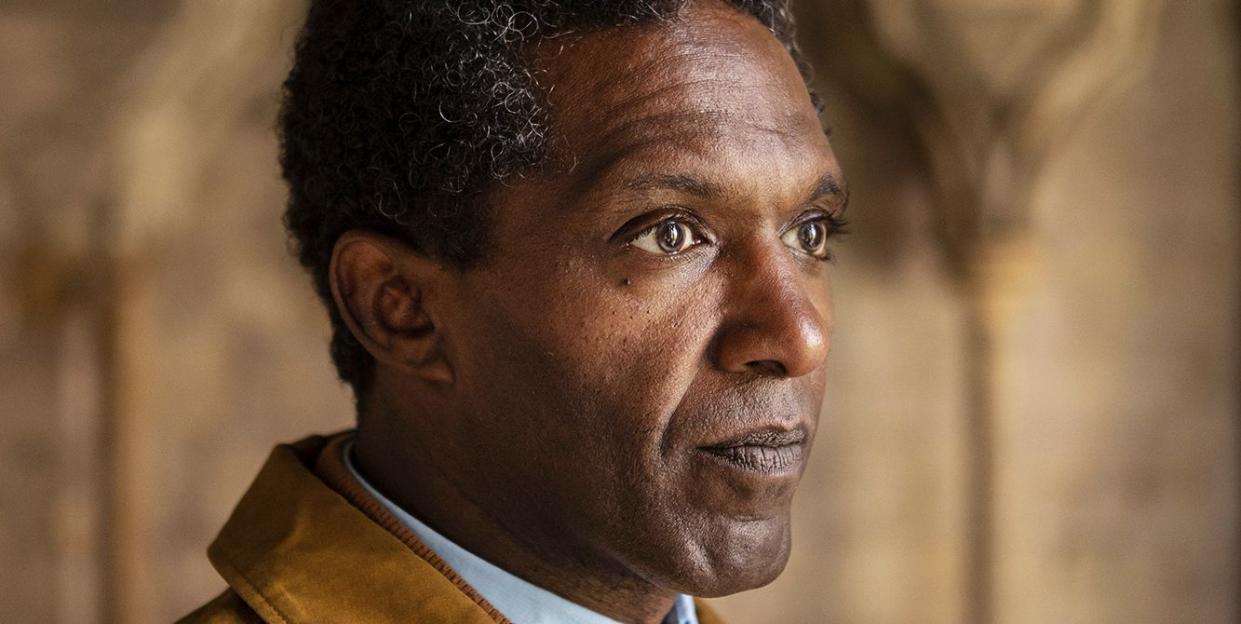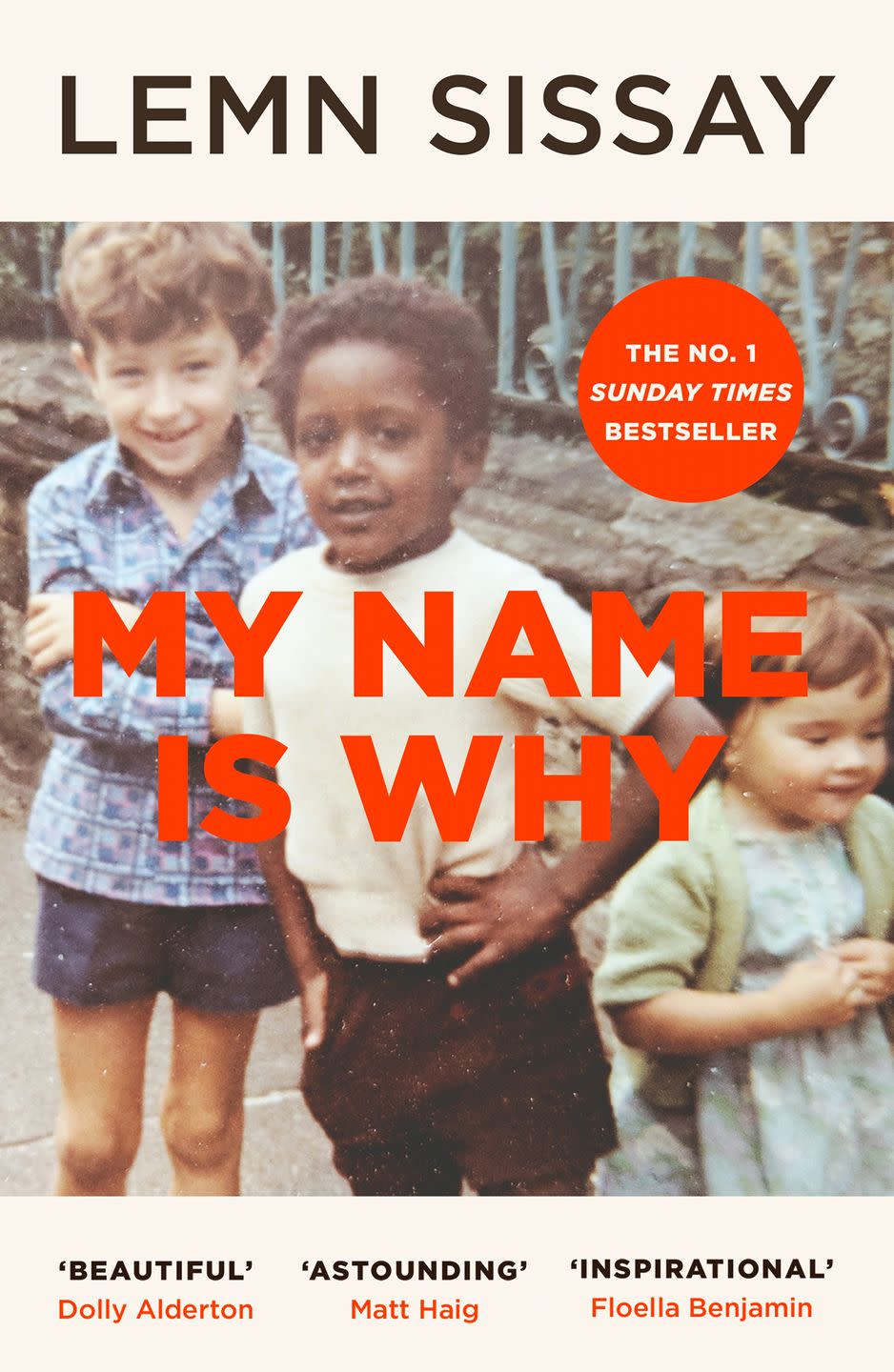'People reach for poetry when they can’t find the words:' Lemn Sissay on how poetry soothed his turbulent childhood

To mark National Poetry Day this month, poet and author Lemn Sissay muses on a country childhood of mixed blessings – and why this year he is more hopeful than ever...
Nature holds memory. I stumbled across hazelnuts on a recent walk on Dentdale in Cumbria for a TV documentary. I last saw them in the wild as a boy in Lochinver, Scotland, when visiting my grandfather. We’d collect them to roast on the fire. I was shocked by how a landscape could reveal itself to me.
Growing up, I was an outsider. I grew up as an Ethiopian boy in Lancashire with white foster parents, and people called me ‘Chalky White’. They looked at black people purely negatively back then, suggesting we were all muggers.
Some days were idyllic. Aged 12, I moved to the first of four children’s homes. I was unhappy at the homes, but I loved the surroundings. One was near a pond called Lucky Hollow, where we’d ice skate in the winter. Another was next to a farm, where we’d bale hay over the summer. We would ride in the trailer on top of the bales, chewing straw and drinking pop. It’s not a narrative you hear from an Ethiopian British child, but it is a memory to behold.

People reach for poetry when they can’t find the words. I started writing poetry as soon as I moved into a children’s home. I was a cheerful child, but, in my first poem, I imagined my 16-year-old self as fearful and withdrawn.
Writing poems came naturally. My foster dad had been an English teacher, so there were books around the house. I loved Old Possum’s Book of Practical Cats. I read the Bible, too – my foster parents were strict Baptists – and I remember stories about rivers splitting and burning bushes. The idea of metaphors to explain a complex situation in a conflict was clear to me from a young age.
You don’t leave the countryside; you hold it in you. At 18, I moved to Manchester. I met the Caribbean community and, for the first time, I was around other black people. I found myself in the city, but the countryside is part of who I am. I will always have that emotional landscape.
A post shared by Sissay Lemn (@sissaylemn) on Sep 1, 2020 at 12:06am PDT
As a poet, I now travel all across Britain. I stay in villages and towns from Barnstaple in Devon to Grasmere in the Lake District. Even though I live in London, I’m near Millfields Park and Hackney Marshes, so nature is a central part of who I am as a city-dweller. We should all push ourselves into green spaces because it’s easy in the city to get locked into a pattern.
I’ve faced frequent racism. From my late teens to my forties, I was stopped by the police about twice a month while I was driving to do a poetry reading or meet someone for work. It happened across the country. Why did they stop me? That’s the question. It made me think, ‘Am I not supposed to be doing this?’
We’re living in really interesting times. When you get Premier League footballers wearing Black Lives Matter logos on their shirts and the big publishers promising to look at how many black authors are on their lists, you know things are changing. I’m a Booker Prize judge. The effect of Bernardine Evaristo’s win in 2019, as the first black British author, is going to be long-lasting.
Giving opportunities to invisible groups raises the bar. Once you give people the space to develop, they will show you how good they are. The biggest barrier to progress is fear of change. That’s why I like writers: we’re fearless. The idea of a writer hiding away in their attic is a myth. We’re out there, saying the unsayable, speaking truth to power and following our instincts. One thing you can guarantee as an artist is that you create, you can make things happen.
When it comes to race, Britain is the best country in the world. We have a mix of cultures and we’re very good at looking at ourselves and being compassionately critical. Every now and again, things will flare up – there’s a lot to do, but this year feels different. It’s an exciting time to be alive.
My Name Is Why by Lemn Sissay is published by Canongate, £9.99.
This interview appeared in Country Living October issue. SUBSCRIBE NOW
Like this article? Sign up to our newsletter to get more articles like this delivered straight to your inbox.
You Might Also Like


